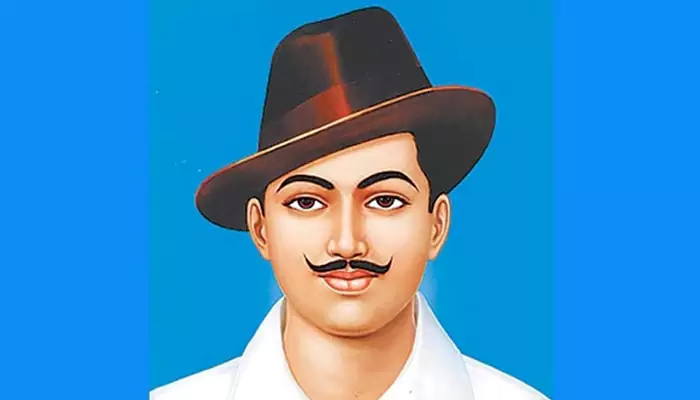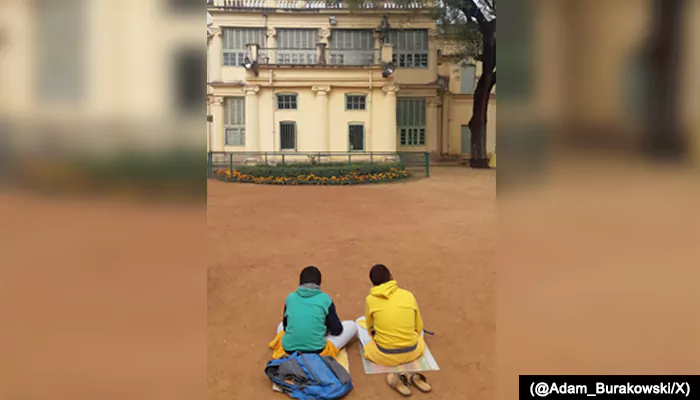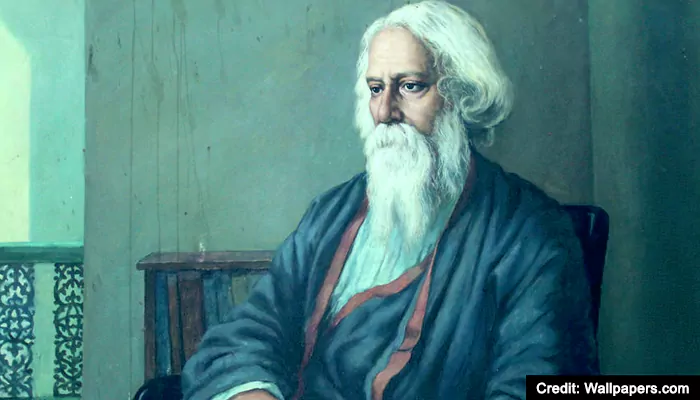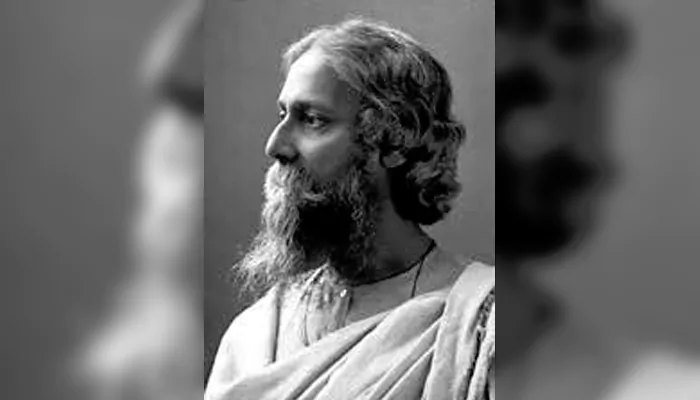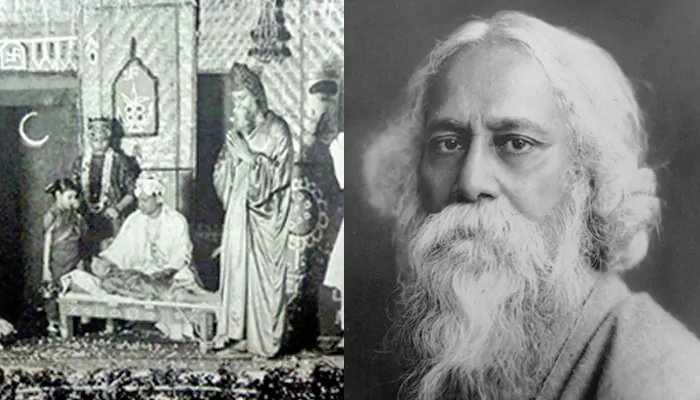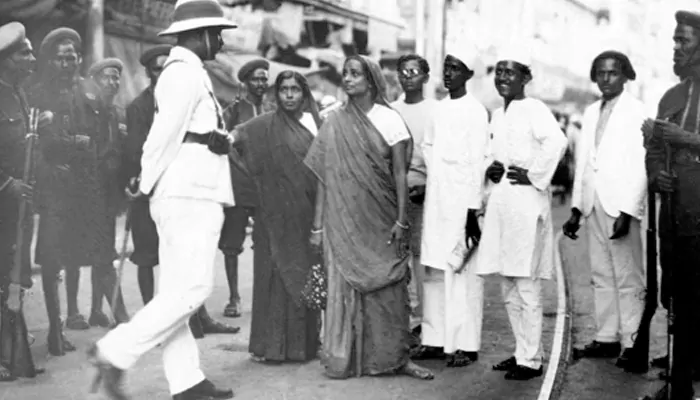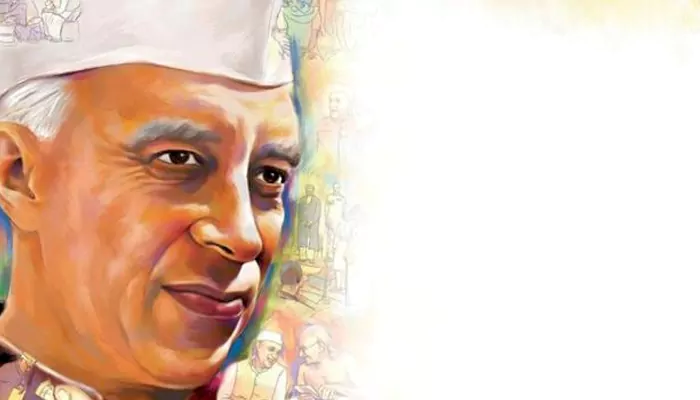
It's really fascinating to think about how these historical moments have really shaped who we are!
Our current state as modern humans and the world we live in today are outcomes of crucial historical moments. The developments and achievements we experience today are a culmination of the experiences, challenges, and pivotal events that previous generations faced. To understand the foundations of our contemporary world, it's essential to explore the turning points in history that have shaped the present. So, if you're curious about the key moments that have influenced today's time, keep reading!
Discovery of fire
In the annals of human history, a pivotal moment occurred when early humans harnessed the power of fire, transforming it from a peril into a tool. Estimated between 250,000 to 1.5 million years ago, this discovery marked a turning point, allowing our ancestors to cook food, enhance nutrition, and redirect efforts from mere survival to a more nuanced existence.
Bronze and Iron Ages
Around 9,000 years ago, our ancestors delved into the world of metals, starting with bronze, and this discovery proved to be a game-changer. The availability of this metal empowered those who possessed it, enabling the crafting of superior weapons and tools. This technological leap significantly propelled civilizations in the Middle East, such as the Assyrians and Egyptians. Fast forward roughly 3,000 years; the discovery of iron surpassed bronze, transforming civilizations like the Roman Empire. This breakthrough not only fueled their prosperity but also permitted expansion and conquest, making a permanent impact on the trajectory of human history.
The fall of the Roman Empire
Few empires in history have been as influential as the Roman Empire. Its profound impact on language, culture, law, art, and architecture continues to resonate with billions today. From its zenith, where it encompassed not only the Mediterranean but also territories like Britain and Mesopotamia, to its eventual collapse in 476 AD under the pressure of European barbarian tribes, the Roman Empire stands as a cornerstone of human civilization. This turning point not only birthed the European nations we recognise today but also cast the world into the shadows of the Dark Age.
The Black Plague and the Renaissance
The 14th-century Black Plague remains history's deadliest pandemic, claiming an estimated 200 million lives across Asia, Africa, and Europe, with Europe being the hardest-hit. Europe's population dwindled from 80 million to 20 million, triggering unintended consequences. The workforce reduction spurred technological advancements as survivors demanded better conditions, marking the start of the Renaissance. Additionally, the plague accelerated the decline of feudalism as the vast number of serfs needed to sustain the system dwindled. This period became a defining chapter for Europe, with many historians attributing subsequent centuries' technological and social advancements to the widespread devastation caused by the Black Plague.
Columbus discovers America
The exploration of the new continent in 1492 was akin to venturing to another planet. Columbus, upon landing in America, initially unaware it was a new continent, opened doors to a land of gold and opportunities. This discovery transformed the fate of those with little to lose in the Old World. Today, envisioning our planet without America is unimaginable, underscoring the profound impact of this historical event.
Industrial Revolution
The initial Industrial Revolution, spanning roughly from 1760 to 1820, revolutionised global manufacturing, accelerating production while displacing millions from traditional jobs. Despite the social upheaval, it gave rise to new classes, transformed European economies, and fueled revolutions in European Empires and the Americas, ultimately shaping the society we now cherish. This momentous era not only transformed the world around us, but it also bestowed upon us daily necessities that are effortlessly incorporated into our existence.
All these interconnected events have woven the fabric of our current era. History serves as a beautiful reminder of the intricate journey that gave birth to us and continues to shape our destiny.

